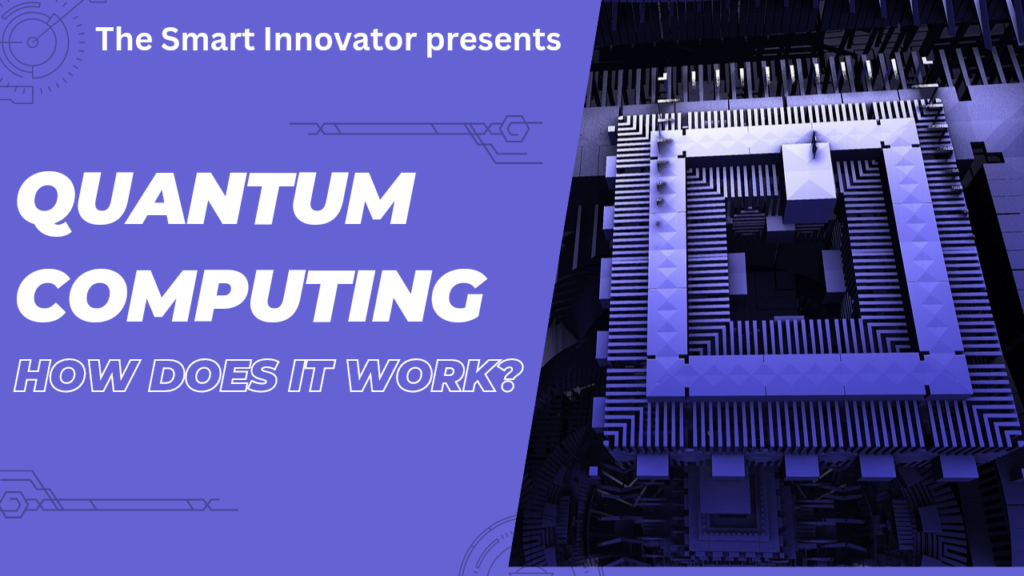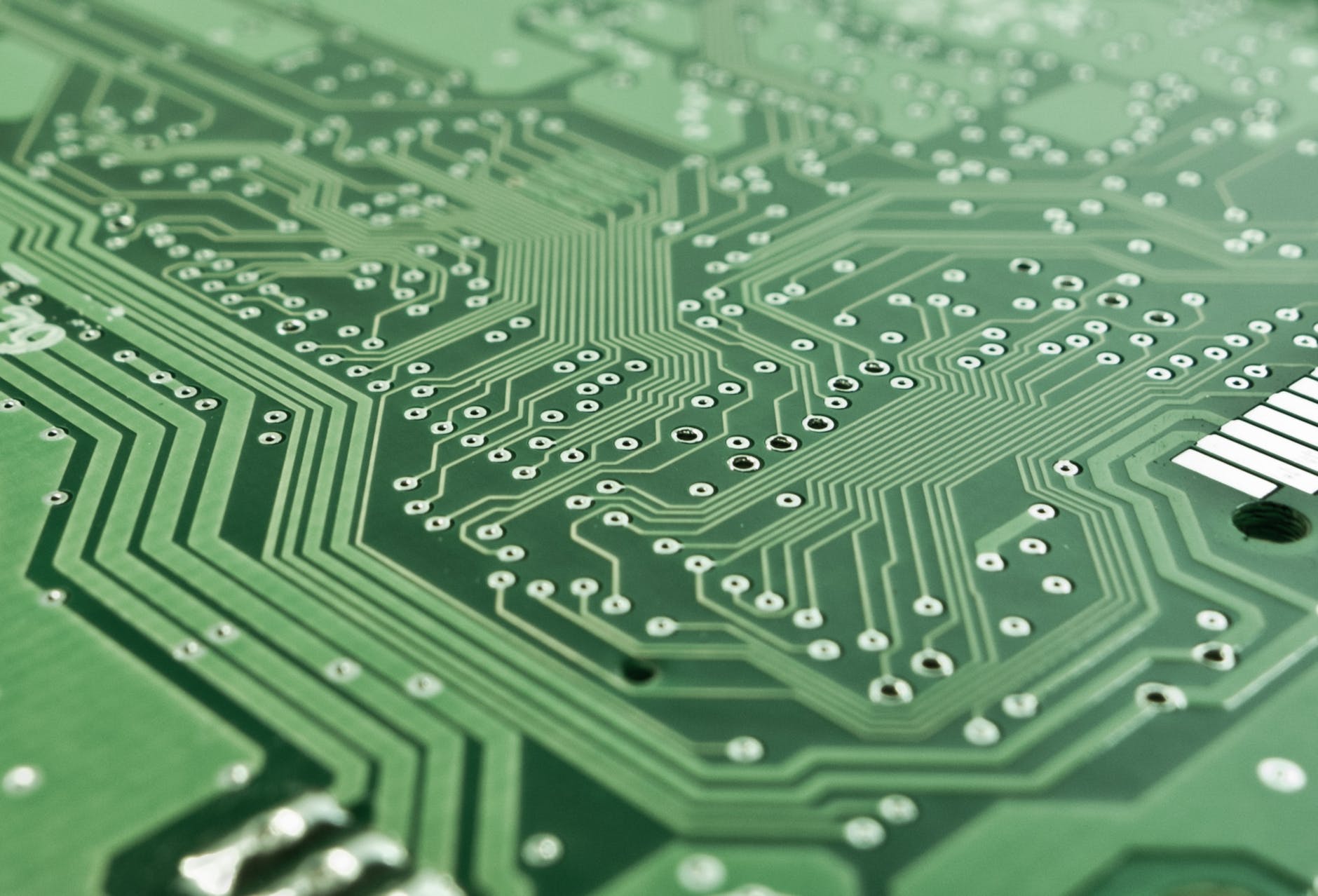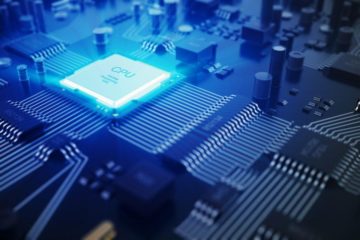Quantum Computing and How Does it Work?
Quantum computing is a cutting-edge technology that promises to revolutionize the way we process information. Quantum computing is a type of computing that uses the principles of quantum mechanics to perform calculations. Quantum mechanics is a branch of physics that deals with the behavior of matter and energy at the atomic and subatomic levels. Quantum computers are able to solve certain types of problems much faster than classical computers, which are the type of computers that we use today. But what exactly is quantum computing and how does it work?

In the realm of modern technology, where the boundaries of innovation seem limitless, quantum computing stands as one of the most promising and fascinating frontiers. This cutting-edge field harnesses the mind-boggling principles of quantum mechanics to process information in ways that were once considered impossible. In this article, we will delve deep into the world of quantum computing, exploring what it is and how it works.
What is Quantum Computing?
At its most basic level, quantum computing is a type of computing that uses quantum-mechanical phenomena like superposition and entanglement to perform calculations. Instead of relying on classical bits, which can only exist in one of two states (0 or 1), quantum computers use quantum bits, or qubits, which can exist in multiple states simultaneously.
Understanding the Basics
Quantum Bits (Qubits)
To comprehend quantum computing, we must first grasp the fundamental unit of quantum information: the qubit. While classical computers use bits, which can represent either a 0 or a 1, qubits are far more versatile. They can represent 0, 1, or any quantum superposition of these states. This superposition property allows quantum computers to explore multiple solutions to a problem simultaneously.
Entanglement: The Quantum Connection
Another pivotal concept in quantum mechanics is entanglement. When two qubits become entangled, the state of one instantly affects the state of the other, regardless of the physical distance between them. This phenomenon enables quantum computers to perform complex operations and correlations that classical computers find daunting.
Quantum Gates and Operations
Much like classical computers use logic gates to manipulate bits, quantum computers employ quantum gates to operate on qubits. These gates, however, work differently, exploiting the unique properties of quantum mechanics.
Superposition Manipulation
One of the primary functions of quantum gates is to manipulate superposition. They can change the probabilities of a qubit being in a 0 or 1 state. This manipulation is what allows quantum computers to process vast amounts of data simultaneously.
Entanglement Creation and Utilization
Quantum gates are also used to create and exploit entanglement between qubits. By entangling qubits, quantum computers can perform calculations and operations that would be impossible for classical computers.
Quantum Algorithms: Solving Complex Problems
Quantum computing’s true power emerges when we look at the algorithms designed to harness its capabilities. Quantum algorithms are specialized programs that leverage superposition and entanglement to solve specific problems faster than classical algorithms.
Shor’s Algorithm: One of the most famous quantum algorithms, Shor’s algorithm, is a game-changer in the field of cryptography. It can factor large numbers exponentially faster than the best-known classical algorithms, potentially posing a threat to current encryption methods.
Grover’s Algorithm: Grover’s algorithm is designed for searching unsorted databases. It can find a solution quadratically faster than classical algorithms, making it incredibly efficient for certain search tasks.
Quantum Measurement: Extracting Information
To obtain useful information from a quantum computer, a quantum measurement is performed. This process collapses the superposition of qubits into a definite state of either 0 or 1, and the result is recorded. Quantum measurements provide the answers to the problems the quantum algorithm was designed to solve.
How Does Quantum Computing Work?
This allows quantum computers to perform certain types of calculations much faster than classical computers. For example, a quantum computer can solve complex mathematical problems like factoring large numbers and searching large databases exponentially faster than a classical computer.
At the heart of a quantum computer is the quantum processor, which is made up of qubits. These qubits are typically created using superconducting materials, like niobium, that are cooled to incredibly low temperatures using liquid helium. The qubits are then manipulated using microwave pulses, which can put them into superposition and entanglement states.
These states allow the qubits to perform calculations using quantum algorithms, which take advantage of quantum phenomena like interference to perform calculations much faster than classical algorithms.
Quantum computing operates on the principles of quantum mechanics, which are radically different from classical physics. Instead of using classical bits (0s and 1s), quantum computers use quantum bits or qubits. Understanding how quantum computing works involves grasping the fundamental concepts of superposition, entanglement, quantum gates, and quantum algorithms.
Here’s a simplified explanation of how quantum computing works:
- Superposition: In classical computing, a bit can be either in the 0 state or the 1 state. In quantum computing, a qubit can exist in a superposition of states. This means it can be in a combination of 0 and 1 simultaneously, represented as |0⟩ and |1⟩. Superposition allows quantum computers to process multiple possibilities at once.
- Entanglement: When qubits become entangled, the state of one qubit becomes connected or correlated with the state of another, regardless of the physical distance between them. This property enables quantum computers to perform complex operations and calculations involving entangled qubits.
- Quantum Gates: Quantum operations are performed using quantum gates, which are analogous to classical logic gates but manipulate qubits differently. Quantum gates take advantage of superposition and entanglement to perform operations on qubits. For example, the Hadamard gate puts a qubit into a superposition of |0⟩ and |1⟩.
- Quantum Algorithms: Quantum computers use specialized algorithms designed to exploit superposition and entanglement to solve certain problems more efficiently than classical computers. One famous example is Shor’s algorithm, which can factor large numbers exponentially faster than classical algorithms, posing a potential threat to encryption.
- Quantum Measurement: To obtain information from a quantum computer, a measurement is performed. When a qubit is measured, its superposition collapses into a definite state of either |0⟩ or |1⟩, and the result is recorded. Quantum measurements provide the answers to the problems the quantum algorithm was designed to solve.
In practice, quantum computers require careful management of qubits to mitigate errors caused by factors like decoherence, which is the loss of quantum properties due to environmental interference. Quantum computers often operate at extremely low temperatures, near absolute zero, to minimize decoherence.
Quantum computing is still in its infancy, with current devices having a limited number of qubits. However, researchers and organizations worldwide are actively working on developing and scaling quantum hardware and algorithms. As quantum technology advances, it holds the potential to revolutionize fields such as cryptography, optimization, materials science, and artificial intelligence.
Challenges in Quantum Computing
However, building a quantum computer is a difficult task, and there are many technical challenges that need to be overcome. For example, qubits are incredibly fragile and can easily be disrupted by environmental factors like temperature fluctuations or electromagnetic radiation. Additionally, quantum computers require sophisticated error-correction algorithms to ensure the accuracy of their calculations.
While quantum computing holds immense promise, it also faces significant challenges:
Decoherence: Quantum states are extremely fragile and susceptible to interference from their environment. This phenomenon, known as decoherence, limits the time qubits can maintain their quantum properties. To address this, quantum computers operate at incredibly low temperatures, near absolute zero.
Error Correction: Quantum computers are prone to errors due to their sensitivity to decoherence and other factors. Developing effective error-correction techniques is essential to building practical quantum computers.
Scaling Up: Building large-scale quantum computers with thousands of qubits, necessary for solving real-world problems, remains a formidable technical challenge. Current quantum devices are relatively small and can only handle specific tasks.
Applications of Quantum Computing
Despite these challenges, researchers around the world are working to develop practical quantum computers that can be used to solve real-world problems. Applications of quantum computing include areas like cryptography, drug discovery, and materials science, and it’s expected that quantum computers will play an increasingly important role in these fields in the years to come.
One of the key features of quantum computers is that they can use quantum bits, or qubits, to store information. Qubits can exist in a superposition of states, which means that they can be in both the 0 and 1 state at the same time. This allows quantum computers to perform calculations that would be impossible for classical computers.
Another key feature of quantum computers is that they can use quantum entanglement, which is a phenomenon that allows two particles to be linked together in such a way that they share the same fate, even if they are separated by a large distance. Quantum entanglement can be used to perform calculations that would be impossible for classical computers.
Quantum computing is still in its early stages of development, but it has the potential to revolutionize many different fields, including cryptography, drug discovery, and materials science. As quantum computers become more powerful, they will be able to solve problems that are currently beyond the reach of classical computers.
Here are some of the potential applications of quantum computing:
- Cryptography: Quantum computers could be used to break current encryption standards, which could have a major impact on cybersecurity.
- Drug discovery: Quantum computers could be used to design new drugs more quickly and efficiently.
- Materials science: Quantum computers could be used to design new materials with properties that are not possible with current materials.
- Finance: Quantum computers could be used to develop new financial models and algorithms.
- Weather forecasting: Quantum computers could be used to develop more accurate weather forecasts.
- Climate change research: Quantum computers could be used to model the climate system and predict the effects of climate change.
The Future of Quantum Computing
The quantum computing landscape is rapidly evolving. Companies, research institutions, and governments worldwide are investing in quantum research and development. As quantum hardware improves and quantum algorithms advance, we can expect significant breakthroughs in the coming years.
In conclusion, quantum computing represents a paradigm shift in the world of information processing. With its potential to solve complex problems exponentially faster than classical computers, it holds the key to unlocking new frontiers in science, technology, and innovation. While challenges remain, the trajectory of quantum computing is undeniably upward, promising a future where problems once deemed unsolvable become within our reach.
Quantum Computing and How Does it Work : Conclusion
Quantum computing is a rapidly developing field with the potential to revolutionize many different fields. As quantum computers become more powerful, they will have a major impact on the way we live and work. How much you like this cover story let us know in comment section. Follow The Smart Innovator for much such interesting articles.









0 Comments